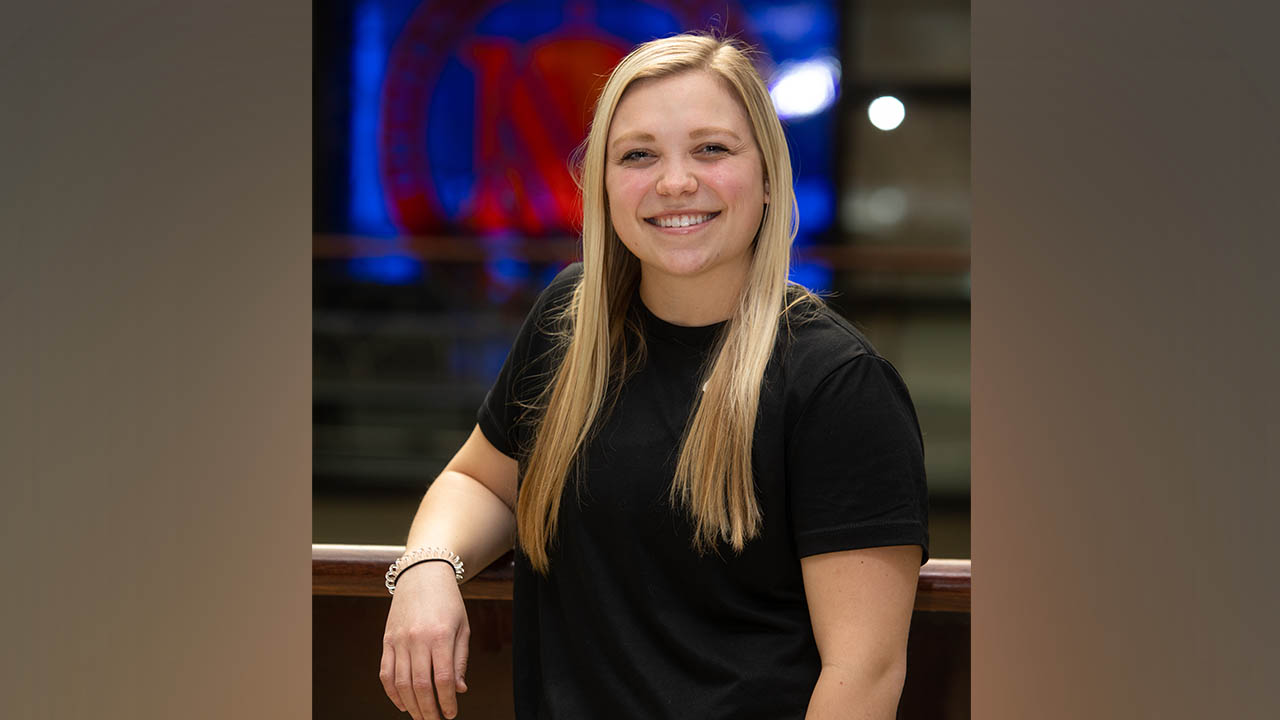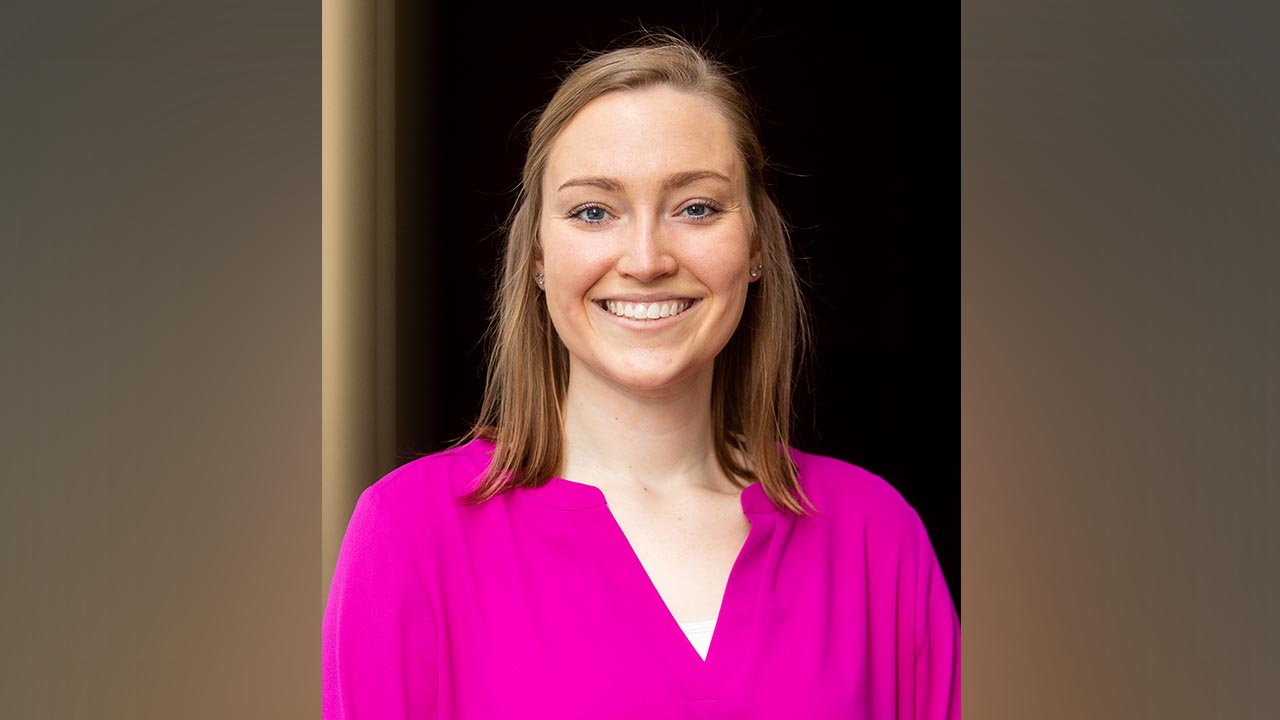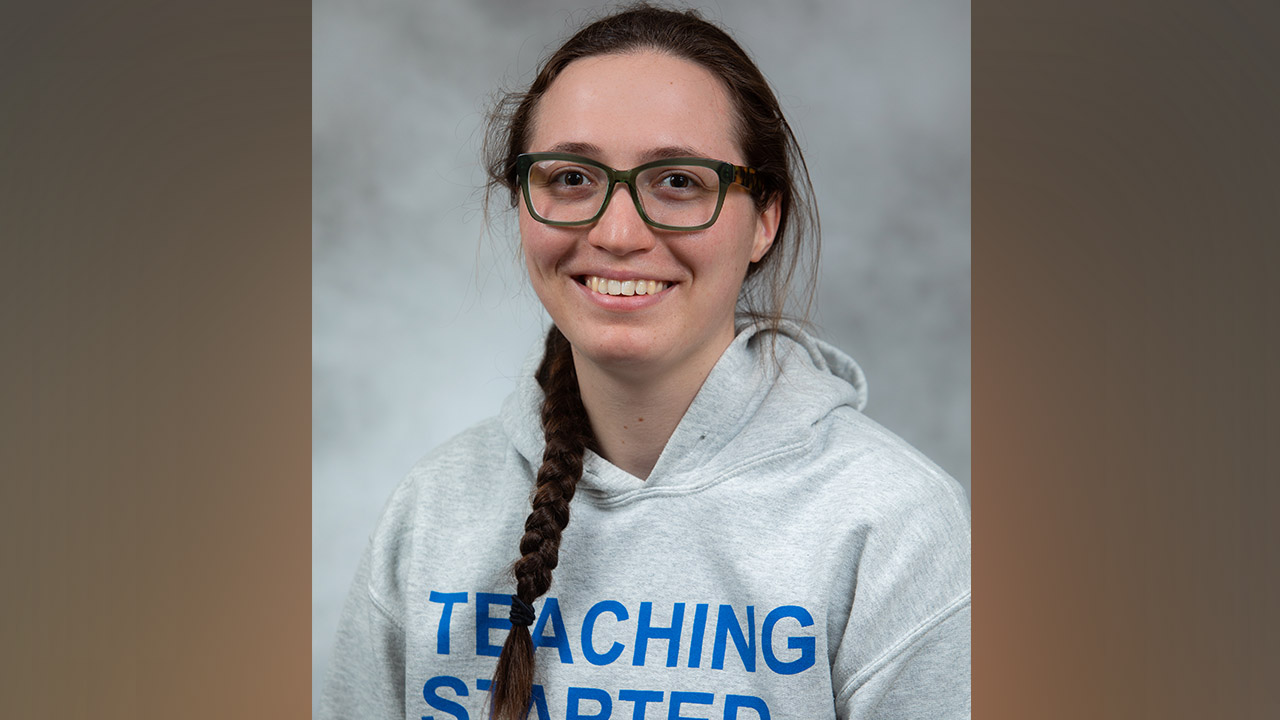


As families continue to navigate the COVID-19 pandemic, the University of Wisconsin-Platteville Physical Education Homeschool Program is providing virtual instruction to area children and school districts. The program allows UW-Platteville students to design lesson plans and teach children about physical activity and health. Susanna Swenson, lecturer of health and human performance, introduced the virtual element into the homeschool program, which ties into her method courses. She implemented the idea in summer and continued the virtual instruction into the school year.
“It’s been highly beneficial for our students,” said Swenson. “I don’t believe that virtual instruction will ever go away, and as a result, they are learning technology, how to keep children engaged through a screen even though the connection and relationship is more challenging, but it doesn’t mean it doesn’t exist.”
During the fall semester, Lauren Graham, a junior middle childhood-early adolescence education major from Port Byron, Illinois; Karen McMannes, a senior health and human performance major from Highland, Wisconsin; and Maddie Flanders, a senior health and human performance major from Cottage Grove, Wisconsin, all participated in the homeschool program. All three students agree the program provided them insight on how to teach remotely.
“It was so important that we took advantage of this opportunity to teach our activities and lesson plans virtually in order to make the best of what is happening with COVID-19 and practice being flexible, which is extremely important in teaching,” said McMannes. “We never know what the future holds for our teaching careers, but it is certain that we will face many other challenges similar to this, and this was a great opportunity to rise to the occasion and continue teaching no matter what.”
Teaching online taught Graham to become more flexible and creative with her lesson plans. She noted not all students have the same access to resources, giving her the experience of adjusting her lesson plans and activities in real-time.
“It is completely different than teaching in-person,” said Graham. “To have that experience and work with the kids online was eye-opening because these kids don’t have a lot of social interactions. They were always excited to see us on Zoom calls.”
“The hardest part of the lesson plans was figuring out how we were going to assess what they know; to plan lessons accordingly,” added Flanders. “If we were in-person, we would do a game the first day and incorporate everything we were going to need in the unit to see where the kids were at. When you’re virtual, it is a little more difficult.”
“My students are so respectful and willing to try something new. They are professionals in a new world. They owned this experience.” – Susanna Swenson
Throughout the semester, the UW-Platteville students found different ways to keep their elementary school-aged students focused while being online. Flanders said she switched activities more frequently compared to if they were in-person.
“We always put all our goals up on a PowerPoint with pictures associated with the goals,” she said. “Students knew what they were trying to get out of it. We would then turn off the PowerPoint and focus on moving. The extra visual helped.”
As McMannes outlined her lesson plans, she never wanted to repeat an activity.
“It was so important to cover a lot of different skills, games and activities to keep things new for the students,” said McMannes. “I wanted them to be excited each and every day, because they did not know what they would be learning next. It kept the students on their toes and ready for new things, but it also kept me, as the instructor, challenged to come up with new ideas that would keep the students engaged.”
According to Graham, discussing expectations was an important detail for her class. Although technology can pose difficulties at times, Graham said the most important lesson was to remain positive.
“It was frustrating when things didn’t go as planned, but it opened my eyes that it’s okay if my lesson plan doesn’t go as planned,” she said. “As long as the kids are enjoying it and getting something out of it, that’s okay – I still felt accomplished.”
All three students acknowledge they are grateful for this teaching opportunity.
“We got to teach the best group of students from all over the area, and they really made the experience fun for the instructors too,” said McMannes.
Swenson is impressed by how her UW-Platteville students overcame the adversity of COVID-19 and their ability to adapt to the uncertainty. She said the children were excited every week to connect with their teacher.
“My students are so respectful and willing to try something new,” said Swenson. “They trust us as their instructors. It’s been really great. They are professionals in a new world. They owned this experience.”